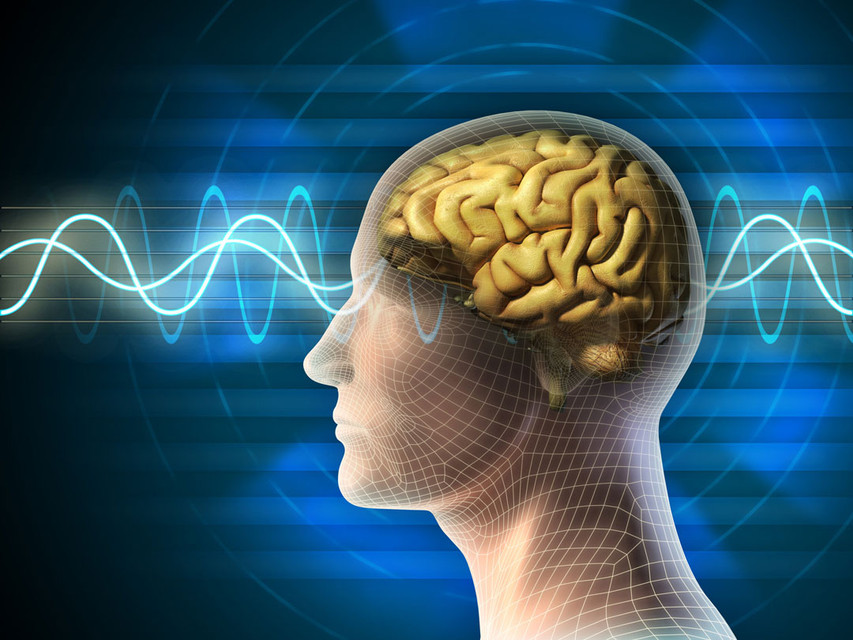Nov 3rd 2025
Can Light Therapy Save a Diseased Brain?
Neurodegenerative disease occurs when nerve cells in the brain or nervous system lose function over time and ultimately die. Alzheimer's disease, which affects as many as 6.2 million Americans, is the most common neurodegenerative disease, but there are hundreds of others, including other dementias, Parkinson's disease, multiple sclerosis, Huntington's disease and Lou Gehrig's disease (ALS). All have potential to affect an individual's quality of life in varying degrees - be it changes in personality, performing daily tasks, maintaining employment or remembering current and past information. Development of one of these conditions often requires significant modifications, medical treatment and, long term, extensive care from family members or professionals.
Light Therapy Intervention for Neurodegenerative Diseases
However, our friend Dr. Len Saputo, M.D., who has been practicing functional medicine in Walnut Creek, California, with a special emphasis on light therapy for more than 20 years, has been getting remarkable results using this technology. His state-of-the-art photobiomodulation device called the Firefly combines infrared, red and blue light of many frequencies and is more powerful than previous devices. Dr. Saputo and his colleague, nutritionist Jerry Stine, report some of these amazing results in the Townsend Letter.
For example, their most dramatic Alzheimer's disease reversal occurred with a 91-year-old former electrical engineer with advanced symptoms. He entered the treatment room hunched over, with a shuffling gate, and couldn't answer even simple questions. After his very first 15-minute treatment, he began chatting about his former career. He left walking normally and even said he felt like dancing! Everyone present was flabbergasted at the transformation. And, even better, Saputo and Stine report that he has remained "alert, coherent and oriented" for the three years since this first treatment by treating himself daily at home with the same device.
Although they've never seen this near complete reversal of the disease in another patient, 80% have had an immediate response, and the improvements are maintained with daily 10- to 15-minute treatments with the device.
In their article, Saputo and Stine give more examples of dramatic improvements in patients living with multiple sclerosis, Parkinson's disease, traumatic brain injury or the effects of a stroke.
How Light Therapy Works for Improving Neurodegenerative Conditions
What accounts for these improvements? According to Harvard Medical School researcher Michael Hamblin, light therapy has the following effects in the brain:
- Increases blood flow by releasing nitric oxide in blood vessels
- Increases energy production in injured cells
- Increases lymphatic drainage
- Increases creation of synapses (the junctures between brain cells that allow messages to be passed from one to another)
- Increases creation of neurons themselves
- Protects existing neurons
- Increases gamma brain wave rhythms
- Decreases oxidative stress
- Decreases inflammation in injured cells
- Attracts activated stem cells to site of injury (for making new brain cells)
- Improves cell membrane potential
Light therapy is very safe and has been approved by the FDA for pain relief and to encourage hair growth and skin quality. Saputo and Stine report that although it sometimes produces short-term discomfort, such as headaches, upset stomach or sleep problems, the serious hazard with light therapy is burning the skin if used improperly.
Light therapy may be a game changer for those suffering from "incurable" neurodegenerative disease.
For more information, Dr. Saputo can be reached at 925-253-9790 or [email protected].
References:
- National Institute of Environmental Sciences, National Institutes of Health. Neurodegenerative Diseases. Accessed October 9, 2021.
- Saputo L. & Stine J. New breakthroughs in treating dementias with light. Townsend Letter. October 2021, pp. 21-24.
- DerSarkissian C, MD. What to know about gamma brain waves. WebMD, May 25, 2021 . Gamma brain waves are used to treat neurological problems. They can improve higher mental functions like problem-solving, information processing, memory and attention. They increase awareness and may also boost your brain’s immunity.
 Fuel your life with the purest vitamins
Fuel your life with the purest vitamins
